
 Have you ever considered a career as a whale watcher?
Have you ever considered a career as a whale watcher?
Whale Watching is a fascinating and rewarding profession that combines a deep appreciation for marine life with the joy of educating and inspiring others. Whale watchers, often known as naturalists or guides, play an important role in the growing industry of ecotourism, which focuses on the responsible observation of whales in their natural habitat.
What do whale watchers do?
Whale watchers are typically employed by eco-tourism companies that offer whale-watching tours.
Their primary responsibility is to guide tourists and provide educational information about whales and their ecosystem. This role involves a deep understanding of different whale species, their behaviours, migration patterns, and the marine environment. Additionally, whale watchers are often involved in the collection of scientific data and may collaborate with research institutions to contribute to the conservation of marine life.

How can one embark on a journey to become a whale watcher?
To excel in this profession, a strong background in marine biology, ecology, or a related field is highly beneficial.
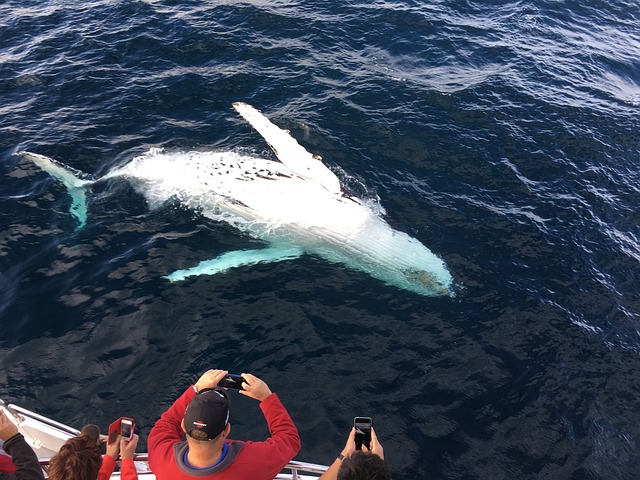
This knowledge allows whale watchers to provide accurate and engaging information to tourists. Moreover, excellent communication skills are essential, as the job involves interacting with people from diverse backgrounds and ages.
Other valuable skills include
- first aid certification,
- boat handling,
- scuba diving
- photography skills.
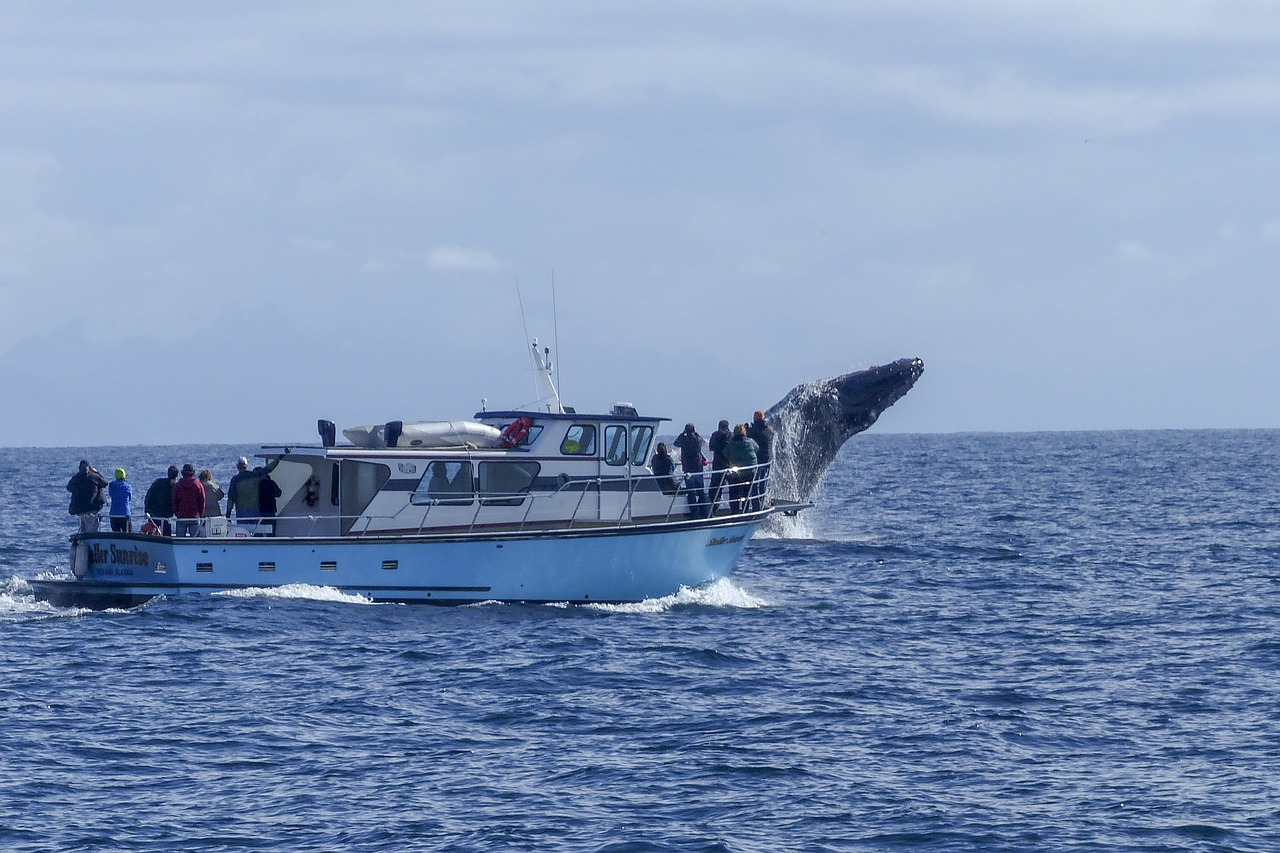
Responsible Whale Watching practices
Responsible whale watching is a critical aspect of the job.

Adherence to guidelines and regulations that protect marine life is paramount. For example, the Whale SENSE program outlines principles such as sticking to regional whale-watching guidelines, educating participants about responsible whale-watching, and promoting ocean stewardship. Similarly, the World Cetacean Alliance (WCA) endorses Whale Heritage Sites, which are destinations committed to responsible whale and dolphin watching operations.
These practices ensure minimal disturbance to the whales and their habitats.
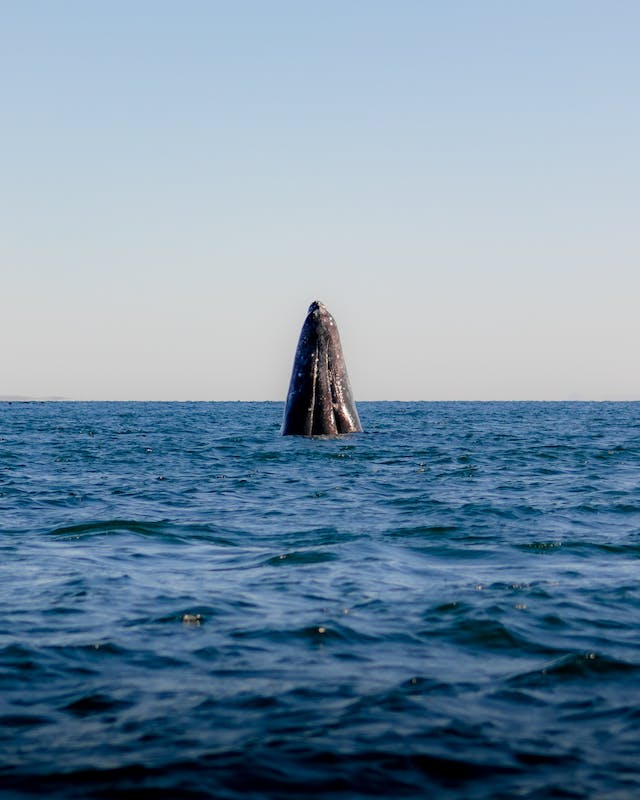
Whale Watching: profession challenges and rewards
One of the main challenges in this field is working in varying and sometimes unpredictable weather conditions, as well as the physical demands of spending long hours on a boat.
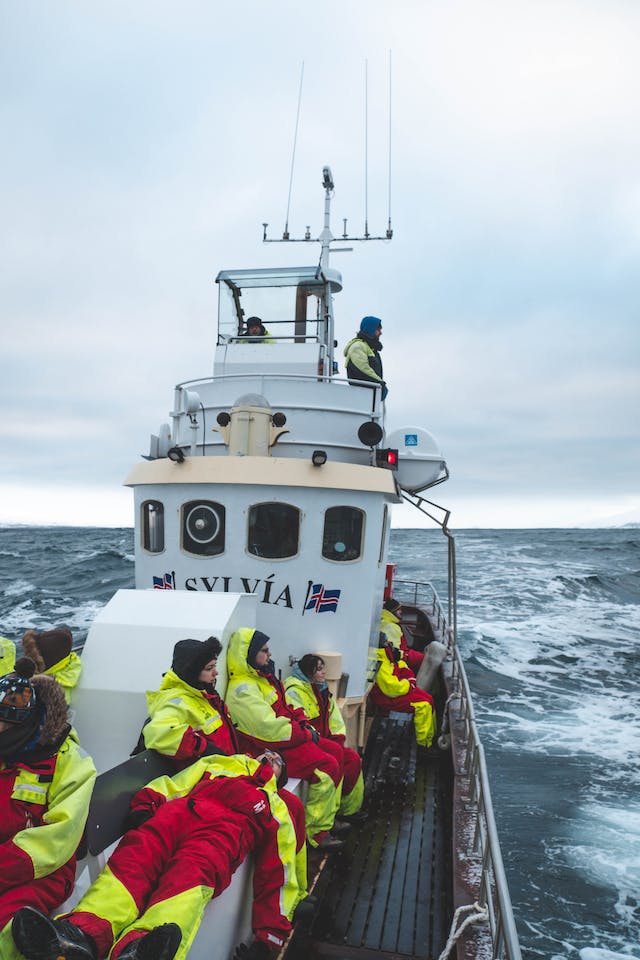
However, the rewards of the profession are significant.
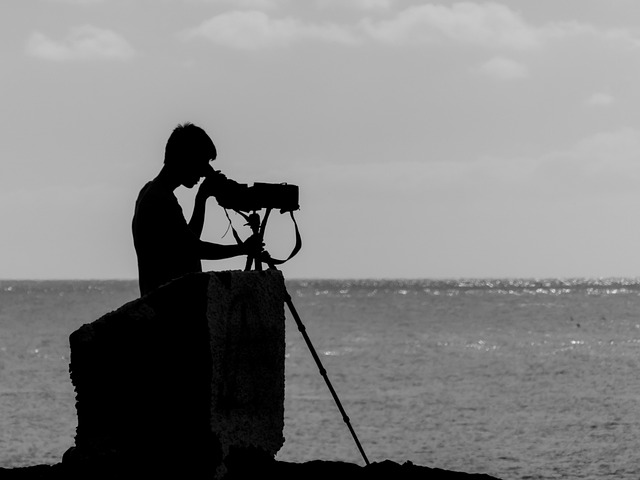
Whale watchers often express a profound sense of fulfilment from working closely with majestic marine creatures and playing a role in their conservation. The opportunity to educate the public and inspire a love for the ocean and its inhabitants is also a unique and gratifying aspect of the job.
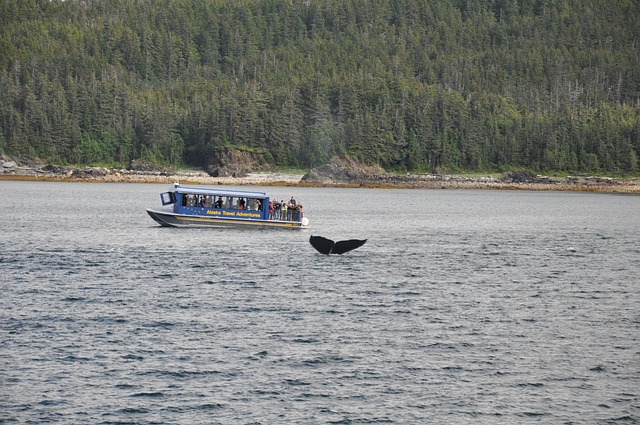
Adventure, education and conservation – all in one job!
Whale watching as a profession offers a unique mix of adventure, education, and conservation. 
It requires a passion for marine life, a commitment to responsible tourism, and the ability to educate and inspire others. For those who are enthusiastic about the ocean and its inhabitants, a career in whale watching can be a deeply rewarding path.
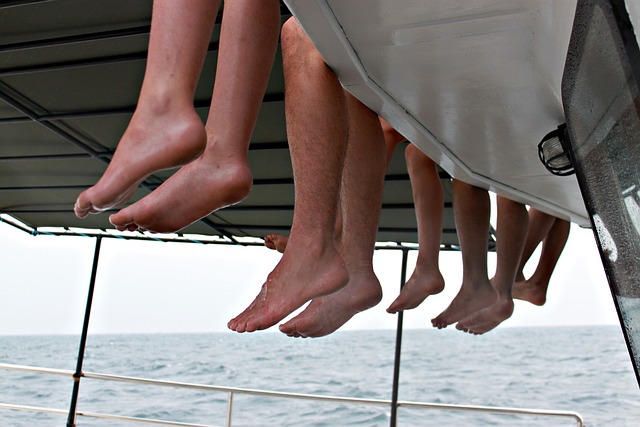
For more information on whale watching and the responsibilities of those in the field, you can visit websites like Whale SENSE (us.whales.org), Whale Scientists (whalescientists.com), and the International Whaling Commission’s Whale Watching Handbook (iwc.int). These resources provide detailed information into the profession and its importance in marine conservation.

Whale watchers news 2024
In January 2024, the whale-watching profession, especially in Europe, saw a number of notable developments.
For instance, Iceland announced plans to end commercial whaling starting from 2024 as demand for whale meat has dwindled. This move is expected to affect the whale-watching industry positively by shifting the focus from hunting to conservation and observation. The decline in demand for whale meat was particularly pronounced after Japan, which was a major market for Icelandic whale meat, resumed commercial whaling in 2019. This policy change is also in line with the global trend of growing whale-watching ecotourism, which was already on the rise in Iceland before the pandemic.
In terms of opportunities and experiences, Europe offers a wide array of whale-watching tours and cruises for 2024-2025, catering to the growing interest in marine life and responsible wildlife tourism. The tours include expeditions around Svalbard, the fjords and coasts of Norway, and the biodiverse waters of Iceland, which continue to be some of the prime locations for whale watching in Europe.
The International Whaling Commission (IWC) has also been active in promoting sustainable whale watching.
The IWC’s work on conservation and whale protection initiatives around the world is fundamental for the future of whale-watching professions. Their efforts include
- training for entanglement response
- promoting international collaborations
to address mass strandings and large-scale marine mammal mortalities.
(For more detailed information on these developments, you can visit the International Whaling Commission’s website, Adventure Life’s European whale-watching tours, and the South China Morning Post’s article on Iceland’s whaling industry).
The Hawaiian Islands Humpback Whale National Marine Sanctuary has been welcoming the return of humpback whales and volunteers for the Sanctuary Ocean Count.
This event has been a tradition since 1996. It aims to promote public awareness about humpback whales and shore-based whale-watching opportunities. The counts for 2024 were scheduled for January 27, February 24, and March 30, and they have generated a lot of interest and participation from the community.
In California, February is also a prime time for whale watching
February is often the peak of the grey whale migration along the coast.
The waters from San Diego to the Mendocino Coast are bustling with these magnificent creatures during this period, offering spectacular whale-watching experiences.
Additionally, the Pacific Whale Foundation conducts the Great Whale Count on Maui, which aligns with the dates of the Sanctuary Ocean Count. Events like the Whale Tales in Maui from February 16-18 at the Ritz-Carlton, Kapalua, have been gathering spots for enthusiasts and experts. This includes notable speakers in the field of marine biology and ocean conservation.
Check out volunteer projects related to Wildlife, Animal Welfare and Ecology 🪲



